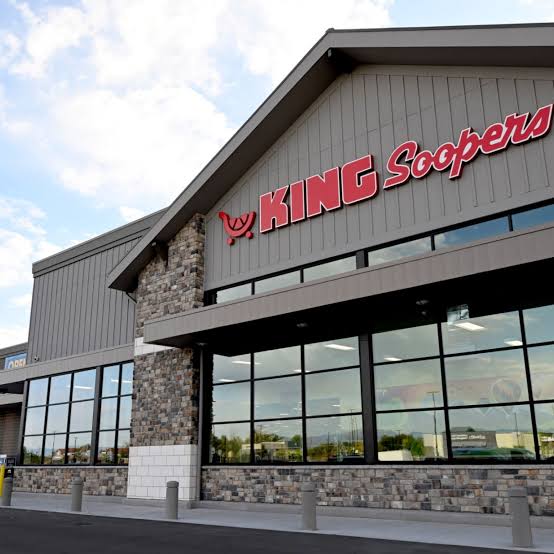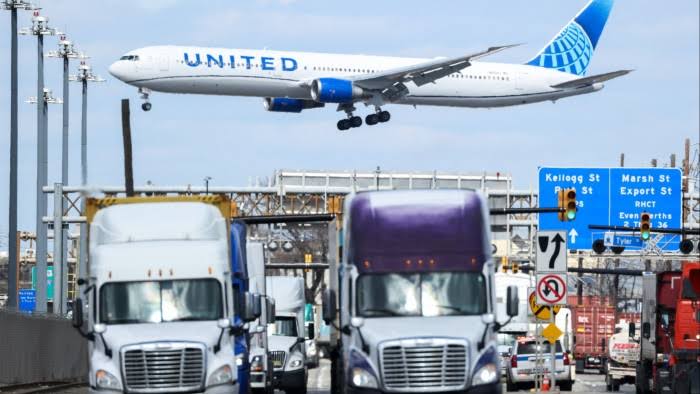Union workers are expected to strike at King Soopers stores in Boulder, Broomfield and Louisville
In early February 2025, approximately 10,000 King Soopers employees initiated a two-week strike affecting 77 stores across Colorado, including locations in Boulder, Broomfield, and Louisville. This labor action, organized by the United Food and Commercial Workers International Union Local 7 (UFCW Local 7), was driven by allegations of unfair labor practices and contentious contract negotiations with the grocery chain.
Background of the Strike
The roots of the strike trace back to October 2024, when UFCW Local 7 and King Soopers began discussions to renew the labor contract set to expire in January 2025. Despite months of negotiations, the parties failed to reach an agreement by the contract’s expiration on January 17, 2025. The union accused King Soopers of engaging in unfair labor practices, including:
Illegally interrogating and surveilling union members.
Refusing to provide necessary information for contract negotiations.
Threatening discipline for employees wearing union apparel.
Proposing to divert $8 million from retiree health benefits to fund wage increases for current employees.
These allegations led to the filing of Unfair Labor Practice complaints with the National Labor Relations Board. In response, 96% of union members voted to authorize the strike, underscoring widespread dissatisfaction among workers.
Union’s Perspective
UFCW Local 7 emphasized that the strike aimed to hold King Soopers accountable for alleged legal violations and to advocate for better working conditions. Union President Kim Cordova stated, “This strike is about holding one of the largest corporations in America accountable when they break the law and cause harm to workers and our customers.” The union highlighted issues such as low staffing levels and wages insufficient to meet the cost of living in Colorado, with some employees unable to afford shopping at their own stores.
Company’s Response
King Soopers disputed the union’s allegations, asserting compliance with labor laws and expressing a desire to continue negotiations. The company proposed a “Last, Best, and Final Offer,” which included a $4.50 per hour wage increase over a four-year contract for top-rate associates, department heads, and pharmacy technicians. King Soopers maintained that the strike was not centered on wages, health care, or pensions but rather on allegations they believed lacked merit.
Impact on Operations
During the strike, King Soopers implemented adjusted store hours, operating from 7 a.m. to 8 p.m., with pharmacies open from 9 a.m. to 7 p.m. on weekdays and 10 a.m. to 5 p.m. on Saturdays, remaining closed on Sundays. The company hired temporary workers to maintain operations, though customers experienced disruptions and were encouraged to consider alternative shopping options.
Community and Customer Reactions
The strike elicited mixed reactions from the community. Some customers expressed support for the workers’ demands, choosing to honor picket lines and shop elsewhere during the labor action. Others, prioritizing convenience, continued to patronize King Soopers stores despite the strike. Local organizations and community leaders weighed in, with some advocating for a swift resolution to minimize disruption to consumers and support workers’ rights.
Resolution and Aftermath
After two weeks of picketing and negotiations, King Soopers and UFCW Local 7 reached an agreement, leading to the cessation of the strike. The new contract included wage increases and addressed several concerns raised by the union, although specific details were not publicly disclosed. Both parties expressed a commitment to rebuilding their relationship and focusing on serving the community post-strike.
Broader Implications
This strike at King Soopers is part of a larger trend of labor actions across the United States, where workers in various industries are increasingly advocating for better wages, benefits, and working conditions. The outcome of this strike may influence future labor negotiations within the grocery industry and beyond, highlighting the importance of fair labor practices and effective communication between employers and employees.
In conclusion, the two-week strike at King Soopers stores in Boulder, Broomfield, Louisville, and other Colorado locations underscored significant labor disputes centered on alleged unfair practices and contract disagreements. The resolution achieved serves as a testament to the power of collective bargaining and the ongoing efforts to improve working conditions in the retail sector.


![Ulewy cały czas nad Polską. Rekordy pobite na 11 stacjach [RELACJA NA ŻYWO]](https://sportdomain.com.ng/wp-content/uploads/2025/07/FB_IMG_1752066531430.jpg)



